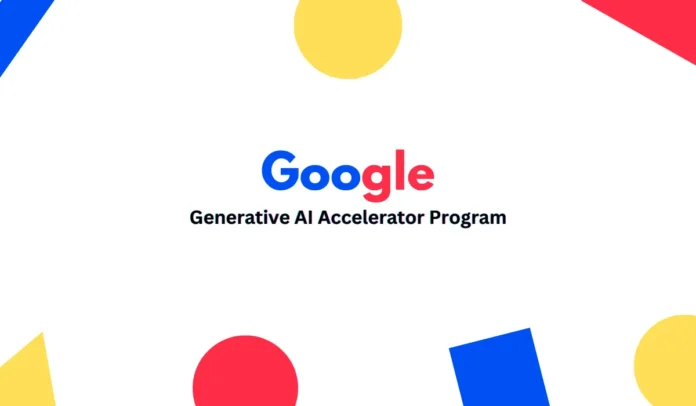Google’s charity arm, Google.org, is introducing a new initiative to support organizations that are creating technology that uses generative artificial intelligence.
The initiative is named Google.org Accelerator. This artificial intelligence program will initially involve 21 non-profit organizations and will be financed by 20 million dollars in contributions. These organizations include Quill.org, a company that develops powered AI devices to collect students to provide writing feedback, and the World Bank, which is developing a generative artificial intelligence application to increase accessibility for research development.
Non-profit organizations participating in this six-month acceleration project will receive financing, technical instruction, workshops, mentorship, and advice from an “AI mentor.” Furthermore, groups of Google workers will collaborate whole-time for up to six months with 3 of the non-profits—Tarjimly, Benefits Data Trust, and mRelief through Google.org’s fellowship scheme to support them in the launch of the non-profit’s planned generative artificial intelligence (AI) applications.
Benefits Data Trust is using AI to develop companions to assist caseworkers in assisting low-income candidates in enrolling for public benefits. Tarjimly hopes to employ AI to translate languages for refugees. Meanwhile, mRelief is creating a platform that will accelerate the submission of applications process for SNAP support in the United States.
Annie Lewin, president of international advocate at Google.org, stated in a blog post that generative artificial intelligence may assist social effect teams in becoming more efficient, inventive, and successful in their community service. Beneficiaries of support from Google.org claim that AI enables them to accomplish their goals for approximately half the actual price nearly a third of the time.
For fields like donor classification, regular back-office work, and “mission-driven” activities, 73 percent of organizations say AI innovation matches their objectives, and 75 percent consider artificial intelligence making their jobs less complicated, according to a PwrdBy poll. Non-profits trying to develop their artificial intelligence (AI) solutions or use third-party technologies still need to overcome several obstacles, including money, time, and limited resources.
Lewin references a Google.org poll in the weblog post, revealing that although four out of five NGOs believe generative artificial intelligence might be helpful in their duties, nearly half of them still need to adopt the technology due to various inside and outside obstacles. According to these NGOs, the most significant obstacles to acceptance are a shortage of resources, understanding, money, and education.
The number of charitable AI-focused firms is rising, which is exciting.
According to the non-profit accelerator Fast Forward, almost one-third of the applications for its most recent group this year were from AI-related businesses. Furthermore, according to Crunchbase, hundreds of non-profit groups worldwide, including the conservation advocacy company Earth05, the virtual lesson clinic JoyEducation, and the artificial intelligence principles lab AlgorithmWatch, are working on legal methods towards artificial intelligence.




